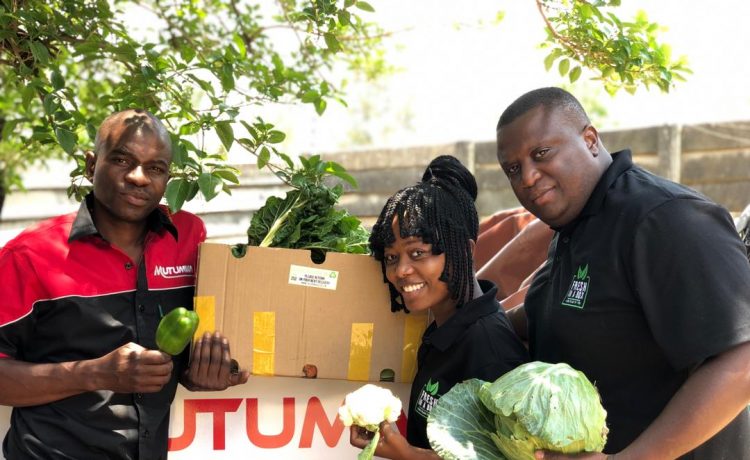Each month, from her home in the UK, Sharonrose Manhiri orders her 85-year-old grandmother, Victoria Samanga, supplies from a Zimbabwean online delivery company, Fresh in A Box. She then contacts a “runner” to collect the order from the city of Mutare, in eastern Zimbabwe, and travel 130km to her grandmother’s home in the remote Honde valley.
Zimbabwe’s diaspora – 3 million of whom live in neighbouring South Africa – has for years been instrumental in keeping the economy afloat and keeping people from going hungry, often sending money through money-transfer agencies such as Mukuru, WorldRemit and Western Union.
The central bank reported diaspora remittances totalled $1.4bn last year, up from $1bn in 2020, defying expectations that the amount might drop during the pandemic. But more people are opting to send groceries directly now, rather than money, because it is cheaper.
Cooking oil, for example, costs $3.50 to send to someone in Zimbabwe and paid for from South Africa, while it costs $4.50 to buy in Zimbabwe. And money-transfer agencies such as Senditoo are diversifying into grocery deliveries to meet the demand. Taking advantage of this rise in online deliveries, Simbisa Brands, which operates fast-food restaurants across Africa, has developed a platform called InnBucks, which allows Zimbabweans around the world to buy lunch or dinner for their families back home. [The Guardian]







